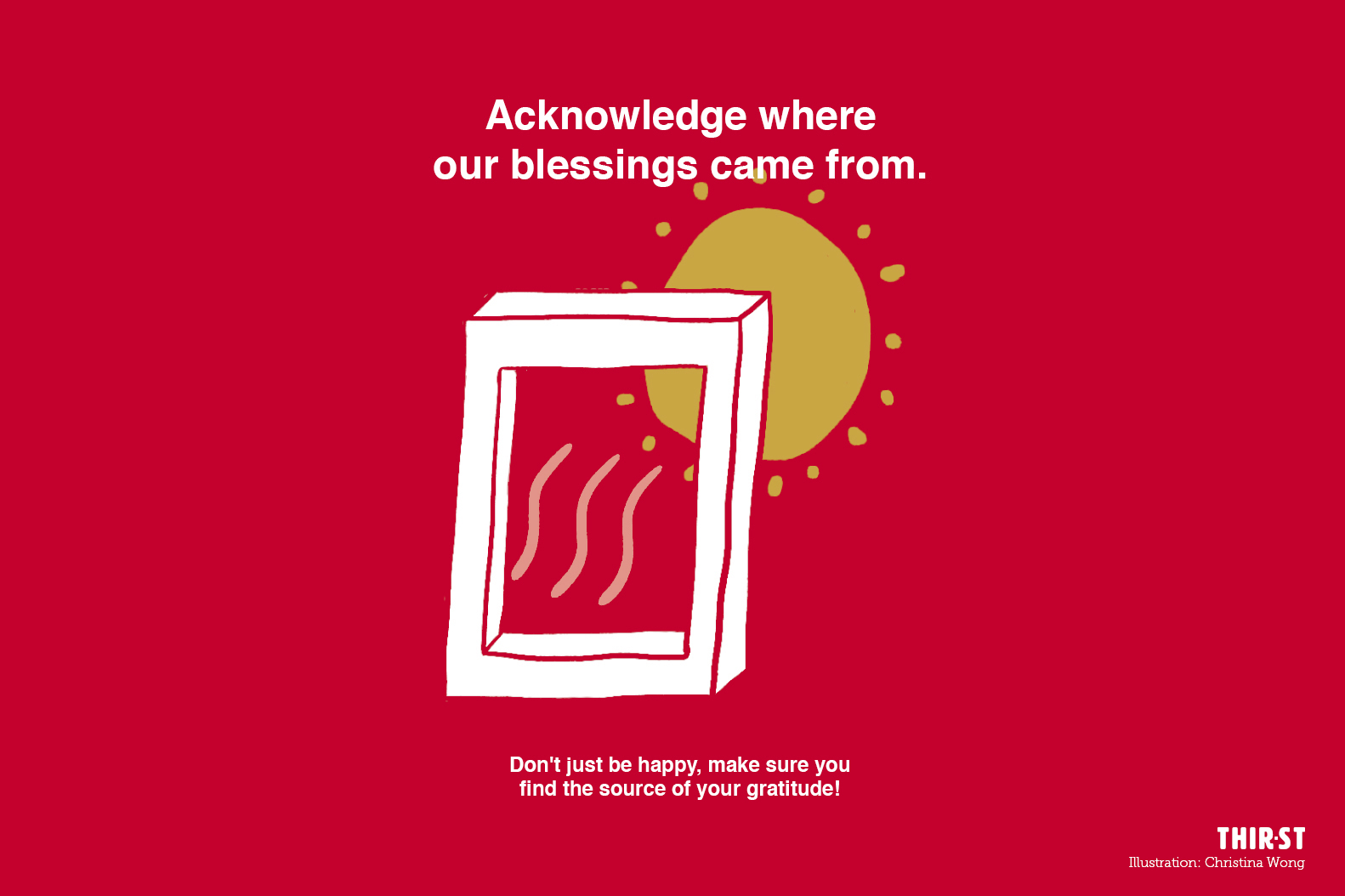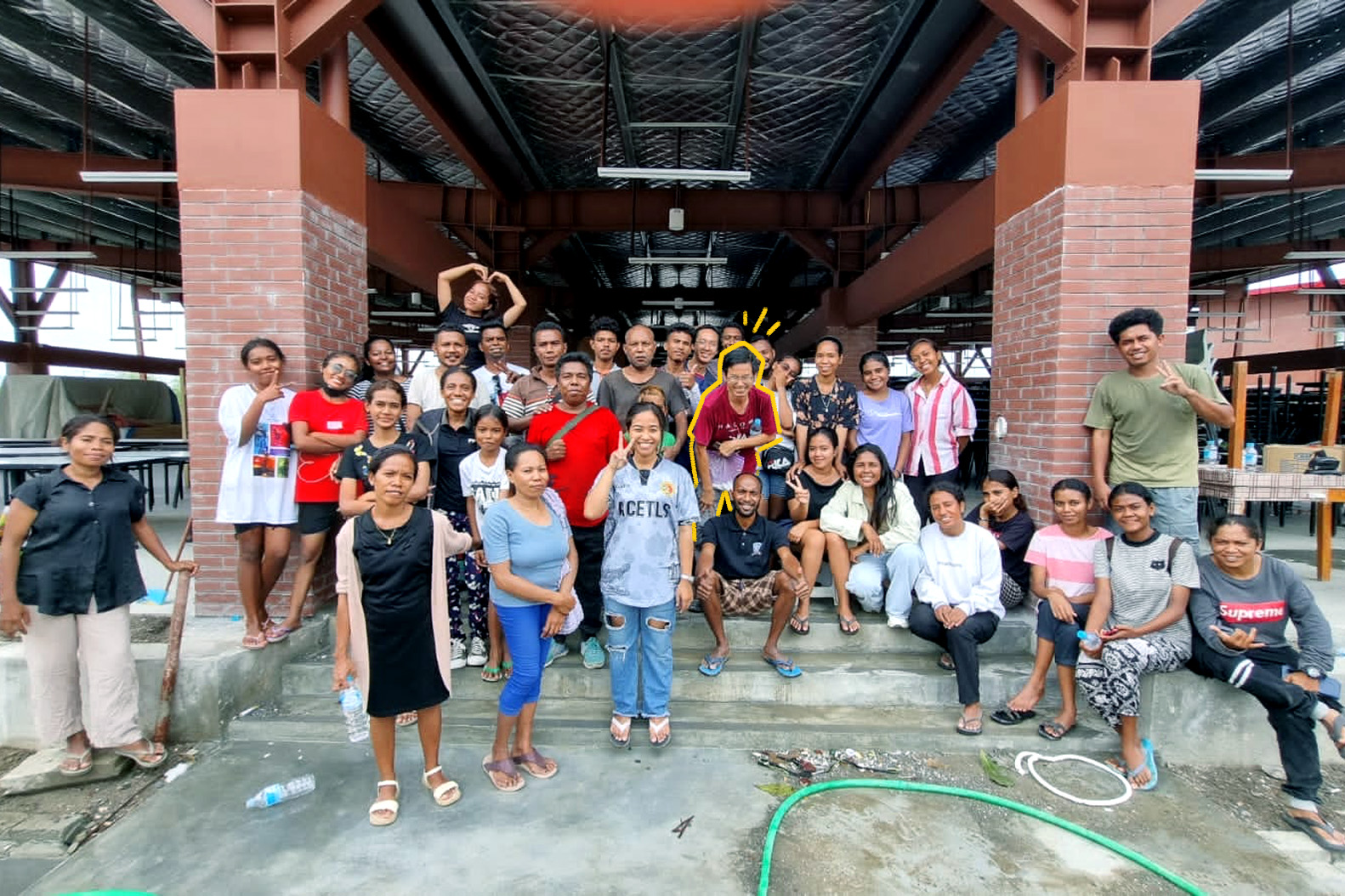In a study now known as “The Gratitude Disposition“, three psychologists divided their participants into three groups with specific tasks: one group was to record only the positive experiences that happened to them over a week; the second, only negative experiences; the last one had to note down all experiences that affected them, with no emphasis on them being positive or negative.
This journalling took place every day, for seven days. The eventual results showed that the ones who were “forced” to focus on the positives emerged with a better mental health score – an observation that suggested the importance of gratitude.
This wasn’t the first or sole piece of research that demonstrated the positive association between gratitude and general well-being. Many experiments conducted have come to similar conclusions as well.
But what really is gratitude? Is it a feeling we experience only after something good happens to us? Dr Robert Emmons, the world’s leading authority on gratitude, says this: “To say we feel grateful is not to say that everything in our lives is necessarily great. It just means we are aware of our blessings.”
I saw a video on Facebook the other day, and I thought it was an ingenious concept to demonstrate that there are indeed many things we can give thanks for in our lives!
But being “aware of our blessings” is only the first stage of gratitude.
Dr Emmons further elaborates that the second stage of gratitude requires a recognition that some of the sources of this goodness lie outside the self. The object of gratitude should be other-directed and not self-centered; we acknowledge not only the goodness in our lives, but who is to thank for it, who has made sacrifices so that we could be happy.
I wonder how many of us live a lifestyle of gratitude in which we can find things to give thanks for daily. And more importantly, do we acknowledge that the reason for our joy comes from elsewhere, and then proceed to thank the person?

There is an account in Luke 17:11-19 of 10 men who suffered from an incurable skin disease called leprosy. Leprosy is a bacterial infection that causes skin sores, nerve damage and muscle weakness. Due to the lack of medical options back then, nobody could stop the severe disfigurement and disability that leprosy caused.
Because of the contagious and dangerous nature of leprosy, these 10 men were quarantined far away from their friends and families for many, many years. People treated them with disgust and disdain, and they had to live as outcasts of the society.
Can you imagine being devoid of love, care and attention at a time when you need it the most? This illness did not just affect the physical body, it had an impact on so many other aspects of a person’s life as well.
Only one of them, upon seeing that he was healed, went back to Jesus, praising God in a loud voice.
It was during this time that the 10 lepers came across Jesus as He was travelling to Jerusalem one day. Knowing about the healing He could do, they stood and yelled from a distance. “Jesus, Master, have pity on us!”
Without healing them, Jesus instructed them to show themselves to the religious leaders, men of authority in their society – something they were definitely not supposed to do. And as they obeyed His orders and went on their way, they found themselves miraculously restored.
Only one of them, upon seeing that he was healed, went back to Jesus, praising God in a loud voice. He threw himself at Jesus’ feet and thanked Him out of gratitude.

It was at this moment that Jesus poignantly asked, “Were not all 10 cleansed? Where are the other nine?” Where were the other nine?
We can guess where they went. Overjoyed that they were finally healed, they must have run back home to reunite with their loved ones. Understandably so. They must have been desperate to return to their normal life after years of separation.
I don’t know if they eventually went to find Jesus, but one thing’s for sure: The nine were more focused on receiving the blessing than expressing their thanks to the One who had blessed them. Jesus had been the only one who cared for them and given them new chance at life, the reason they could finally return to their family members, but they forgot to return to Him to express their gratitude.

I’m sure we have many things in life we should give thanks for, but don’t because we’ve taken it for granted. For example, isn’t it amazing how our organs work together so that we can function? Isn’t it praiseworthy that we grow up in a prosperous country, with a roof over our heads and food on our tables?
It’s easy to dismiss it as luck – or sheer coincidence – that we have what we have, but I wonder who we’re like today – the nine who were so overwhelmed by their blessing that they overlooked the Giver, or the one who remembered to attribute all gifts and thanks to the One from whom all blessings flow?









